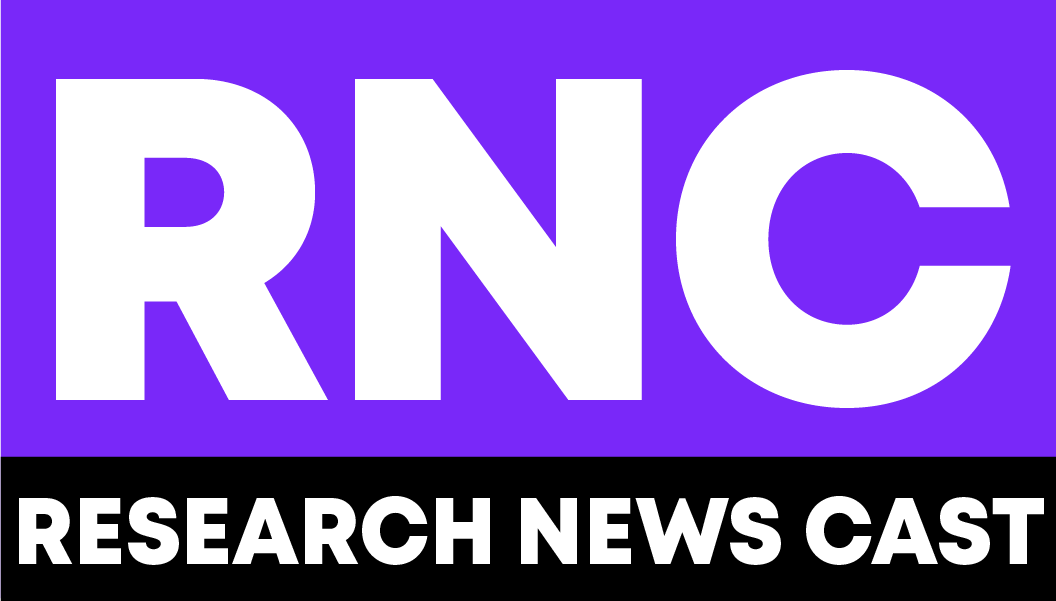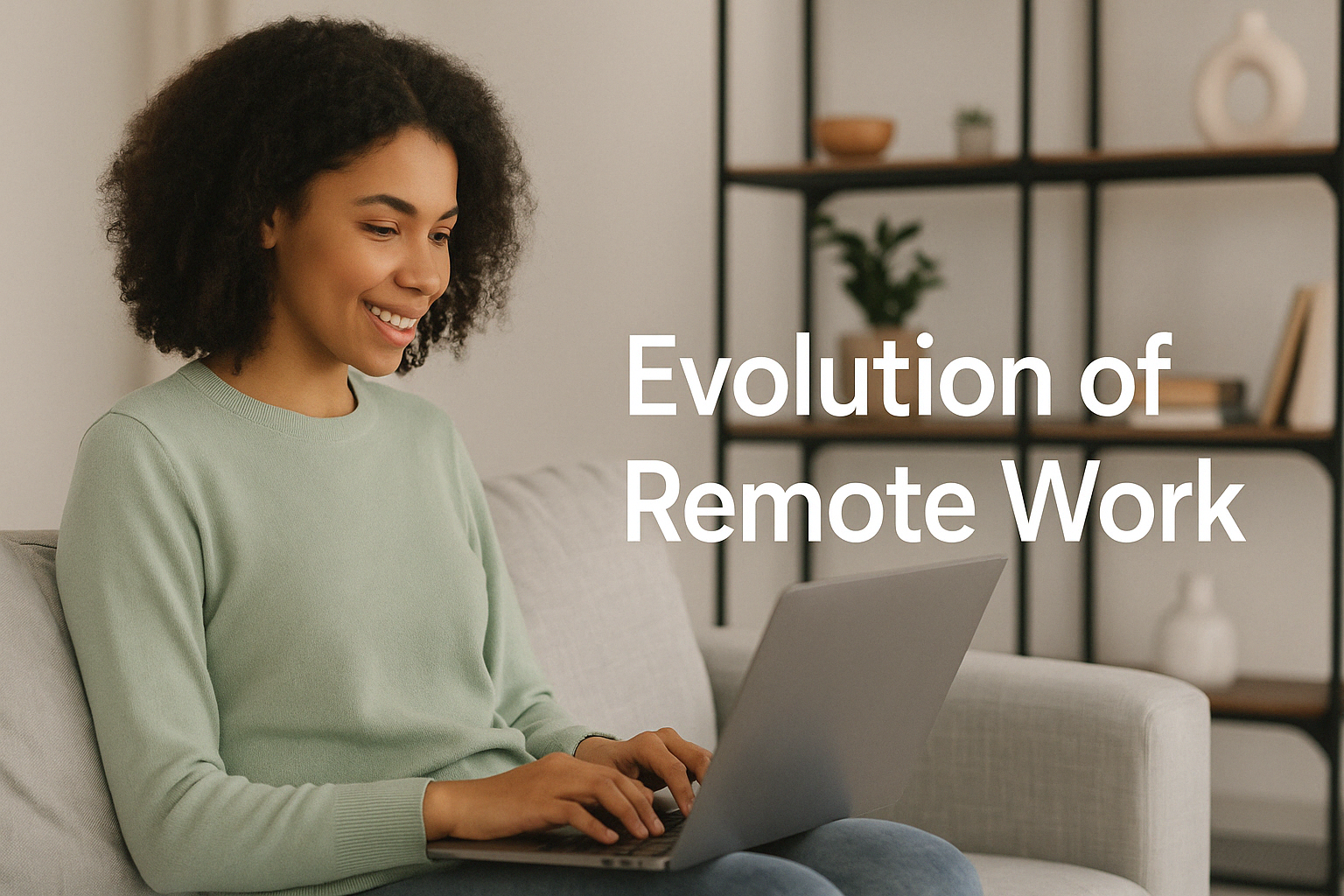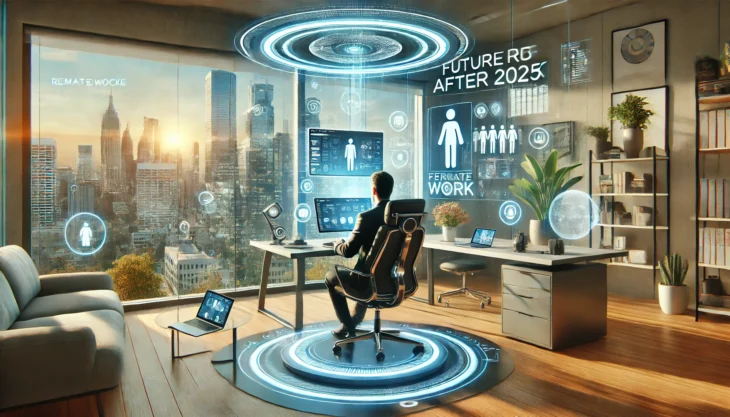Remote work isn’t just a pandemic-era trend. It’s a full-blown revolution. As we look toward 2035, the way people work is undergoing a profound transformation. From hybrid models to the rise of digital nomads, the evolution of remote work in the next decade will redefine careers, lifestyles, and even cities.
The Hybrid Work Model: Flexibility Meets Structure
Hybrid work model is here to stay, but it’s evolving. While some companies like Amazon and TikTok are pushing for more in-office time, nearly half of U.S. companies are still embracing hybrid setups. The key? Flexibility with purpose.
Future hybrid work models will be more personalized. Employers are learning that a one-size-fits-all approach doesn’t work. Instead, they’re tailoring policies based on roles, generational preferences, and employee feedback. This thoughtful approach supports productivity, well-being, and talent retention.
Digital Nomads: The Rising Trend of Working From Anywhere
Imagine working from a beach in Bali or a café in Lisbon. For many, this is becoming a reality. The number of American digital nomads has surged, with 18.1 million in 2024, a 131% increase since 2019.
Countries are competing to attract these remote workers. Portugal’s digital nomad visa led to a 150% increase in nomads, contributing over €2 billion to its economy. Thailand’s smart visa program attracted over 50,000 remote professionals in a year. These programs offer long-term stays, tax incentives, and co-working spaces, making it easier for nomads to live and work abroad.
The Freelance Economy: Independence and Opportunity
Freelancing is on the rise. By 2027, most Americans are expected to be freelancers. This shift offers flexibility and autonomy, allowing individuals to choose projects that align with their passions and schedules.
However, this independence comes with challenges. Freelancers must manage their own benefits, taxes, and job security. As the freelance economy grows, there will be a greater need for platforms and policies that support this workforce.
Technology: Bridging the Distance
Advancements in technology are making remote work more seamless. Virtual reality (VR) and augmented reality (AR) are creating immersive meeting experiences, making remote collaboration feel more natural. AI-powered tools assist with scheduling, transcription, and productivity, reducing the administrative burden on workers.
High-speed internet, 5G, and reliable mobile hotspots are becoming standard, ensuring that remote workers can stay connected from virtually anywhere.
Improving Wellness and Work-Life Balance
Remote work offers flexibility, but it can also blur the lines between work and personal life. Employers are recognizing the importance of mental health and well-being. Initiatives include:
- Mental Health Support: Providing access to counseling services and wellness programs.
- Work-Life Balance: Encouraging employees to set boundaries and take regular breaks.
- Community Building: Creating opportunities for remote workers to connect and collaborate, reducing feelings of isolation.
Urban Development and Environmental Impact
The rise of remote work is influencing urban planning. With less need for daily commutes, cities are exploring the concept of “15-minute cities,” where residents can access essential services within a short walk or bike ride. This promotes sustainable living and reduces reliance on cars.
Environmentally, reduced commuting leads to lower greenhouse gas emissions. However, increased energy consumption from home offices is a concern. Companies and governments must collaborate to develop sustainable remote work practices.
Looking Ahead
The evolution of remote work in the next decade will continue to reshape the American workforce. Embracing flexibility, leveraging technology, and prioritizing well-being will be key. As remote work becomes the norm, individuals and organizations must adapt to thrive in this new landscape.
Whether you’re a digital nomad exploring the world or a freelancer building your brand, the future of work offers endless possibilities. The challenge lies in navigating this evolving terrain with resilience and innovation.











